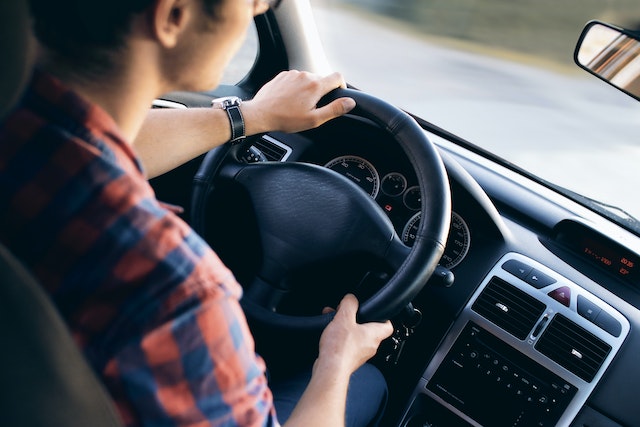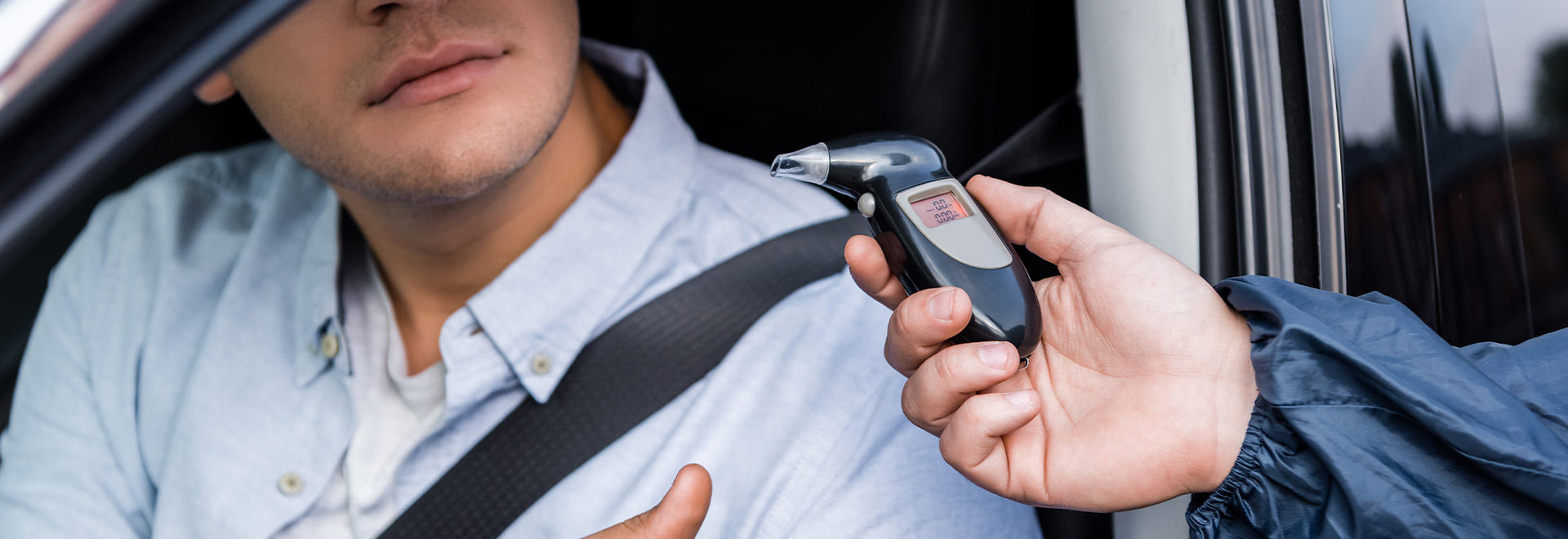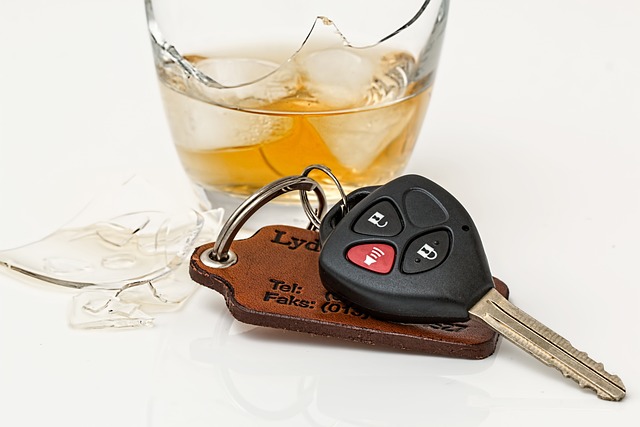
Call Us 24/7
(906) 448-2211

If you’ve been charged with an OWI or another form of drugged driving, you may be wondering why you’ve been asked to take two “breathalyzer” tests: one at your vehicle and another at the police station. Our team could help you understand the function of breathalyzer tests in Marquette and work with you to fight any charges you are facing.
The Preliminary Breath Test is administered during a roadside stop and is the final field sobriety test. You will be asked to breathe into the PBT before your arrest.
The device is a small, portable unit. You will be asked to blow into a straw extending from the device. The PBT will then measure your blood alcohol content (BAC). Under Michigan law, you may be arrested for OWI if your blood alcohol content is 0.08% or greater.
Although arrests for OWIs or any other sort of drugged driving are usually based upon the totality of the circumstances, failure of the preliminary breath test can result in an arrest for OWI. It is important to note that the results of the preliminary breath test are inadmissible in most court proceedings.
The police must advise you of your right to refuse the preliminary breath test. They must also inform you of the penalty if you refuse. Michigan has an implied consent law. The implied consent law means that if you refuse the PBT, you are immediately subject to a civil infraction and fine, but not a license suspension.
However, because failure of the preliminary breath test can lead to arrest, it may still be advisable to refuse.
After you’ve been arrested for an OWI, you’ll be brought to the police station. At the police station, you will take an evidential breath test. The police may collect samples of breath, blood, or urine. The breath test is most common and often referred to as the “breathalyzer.”
Unlike the PBT, the breathalyzer is a large device. It is considered more accurate than the PBT. Because of this, the results of the breathalyzer are admissible in court.
Refusal of the chemical breath test breaches the Michigan Implied Consent law and carries multiple penalties:
After refusing to take the evidential breath test, you have 14 days to request a hearing with the Secretary of State. It is advisable to hire an attorney to help defend you and your driving privileges.
You may refuse to take the field sobriety test. It is often thought that the field sobriety test is mandatory upon the request of an officer. That is not true. You may politely decline to perform the field sobriety test.
You may refuse to take the preliminary breath test after you’ve been pulled over. If you do refuse, you may be fined a maximum of $150 and any additional court fees.
The Michigan Implied Consent law activates after you’ve been arrested and arrive at the police station. Refusal of an evidential breath test (blood, breath, or urine) could result in a mandatory revocation of your driver’s license for one year. The police could also seek to a warrant forcing you to give a blood sample. And if you refuse the warrant, you may be charged with felony obstruction of justice.
Breath tests—especially the PBT—are often unreliable. Don’t let a tiny, handheld device corrupt your future. Every test can give incorrect readings, officers can make procedural errors, and you could face the severe repercussions of those mistakes
At Berger Law, we pride ourselves on DUI defense cases. An aggressive OWI lawyer can challenge breath test evidence and get you back in the driver’s seat. If you’ve been subject to any of the above tests and were charged with an OWI, contact Lawyer U.P. Our team has the experience needed to manage your case.
Do not wait. If you refused an evidentiary breath test (blood, breath, or urine) at the police station, you have 14 days to request a hearing to appeal the suspension of your driver’s license. Hire an experienced attorney to discuss breathalyzer tests in Marquette before time runs out.
Our Blog Posts
Read More Blogs

© 2024 Berger Law.
All rights reserved | Attorney Advertising